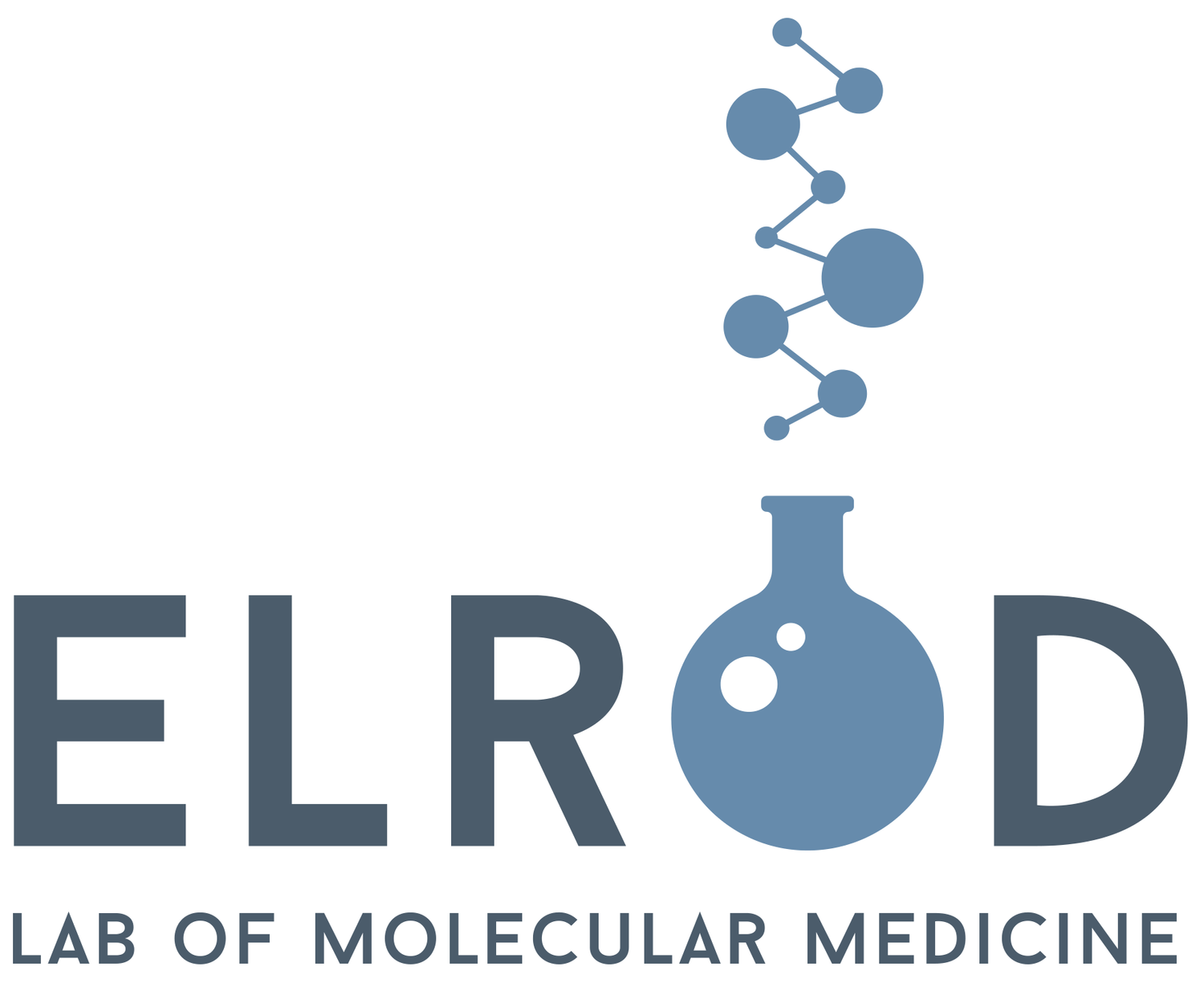HEART FAILURE
Heart failure is characterized by a decrease in contractility and maladaptive remodeling ultimately leading to impaired cardiac output to the systemic circulation. The incidence of heart failure in the US is predicted to increase dramatically over the next 20 years. It is estimated that over 8 million people in the US will be diagnosed with HF by the year 2030 (1 in every 33 individuals) and total costs associated with the disease are projected to climb to $160 billion, representing a substantial health and economic burden on the US. Numerous studies in the lab are trying to understand how this disease develops and searching for new treatments. Facilitating these studies, the lab utilizes various mouse models of heart failure including myocardial infarction, transaortic constriction (pressure-overload) and various mutant genetic models.

